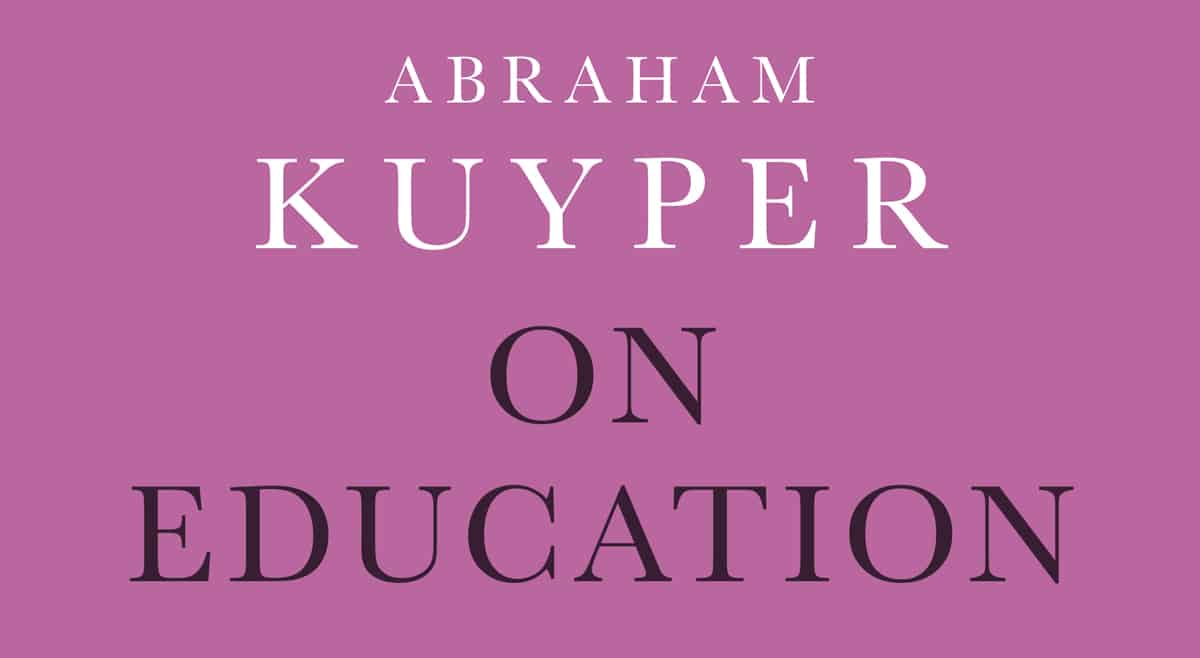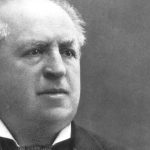
Abraham Kuyper accomplished much over the course of his lifetime, but perhaps his most lasting contribution to Dutch society was a radical restructuring of the Dutch school system according to the principle of religious liberty. Over a span of almost fifty years (1869–1917), he and his Antirevolutionary Party worked diligently to establish the right of all parents to provide their children with a quality education in accordance with their deepest convictions and values. In 1917, as a culmination of these efforts, the Dutch constitution was amended to guarantee this right, and in 1920, the year Kuyper died, a new education bill was passed which put that amendment into practice.
One hundred years later, the Dutch school system continues to grant complete funding (per child) to all elementary and high schools, whether they be religiously oriented (and privately managed) or not. If a school that reflects a specific belief system does not exist in a geographic area, like-minded parents are encouraged to form a nonprofit association to be governed by an elected board according to bylaws which clearly articulate their worldview. There are government regulations concerning the minimum number of students required, the setting of teacher salaries, and the minimum standards of academic achievement to be demonstrated, to name just a few. But these regulations are forbidden by the constitution from touching on the particular belief system which underlies the curriculum and culture of the school.
Taking education out of politics
On December 7, 1874, Kuyper gave his first speech in Parliament, in which he argued that “It should have been possible to provide our nation, too, with a school system that was not subject to partisan politics. Education in my opinion is not first of all a political issue but a social issue.” No political party (that represented people of similar worldviews) should have the power to decide the manner in which all the nation’s children would be educated.
Education is a distinct public interest. Education touches on one of the most complicated and intricate questions, one that involves every issue, including the deepest issues that invite humanity’s search for knowledge—issues of anthropology and psychology, religion and sociology, pedagogy and morality, in short, issues that encroach upon every branch of social life. Now it seems to me that such an element of cultural life hasthe right in every respect to an absolutely independent organization; always in the sense that education should function in the spirit of what the British call a body corporate.
The way in which schools operate, and especially the beliefs which informed their perspectives and curriculum, should not depend on which party had the most power at any one time. Under the current constitution, he argued, one party or perspective “can devote the entire, immense power of the state’s authority in order to indoctrinate the nation with its principles by means of the school. That is not fair.” People with minority worldviews must be assured that “such an unbearable tyranny will never happen.”
Justice for the poor
Kuyper was especially concerned for the poor, who suffered the most under the current system. Many were unable to afford even a meager portion of the tuition, and could only send their children to school when a scholarship made that possible.
Kuyper also understood the school struggle as a struggle for social justice, not only for individuals but also for religious communities. In an interesting newspaper article dated April 12, 1878, Kuyper responded to the “brutal gas-argument” of the liberal press, which had confused even some of the free-school supporters. The argument went as follows: the state provides for gas lighting on the streets in our cities and asks everyone to help pay for it, even those who choose not to walk outside at night and therefore have no personal profit from it. In the same way the state provides for the intellectual enlightenment of the nation’s youth, and requires all citizens to help pay for it, whether or not their children profit from this provision.
The crucial mistake in this analogy, Kuyper argued, was that unlike street lighting, if a parent finds that the state education violates his conscience, he must set up another kind of school and that is very costly. Using the same analogy he described the current school system as like the government providing street lights for only certain neighborhoods, but requiring citizens in all neighborhoods to pay for them. The crucial point was that when the government now provided an education which was suited for only one part of the populace, it violated the conscience of all others: “Wherever we recognize a fundamental right for our citizens to provide their children with an alternative means of ‘enlightenment,’ then it becomes clear that requiring those citizens to pay for education twice, while others only have to pay once, is unjust.”
This post is adapted from the editor’s introduction to On Education by Abraham Kuyper (Lexham Press, 2019).





